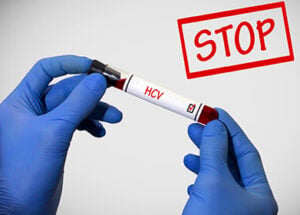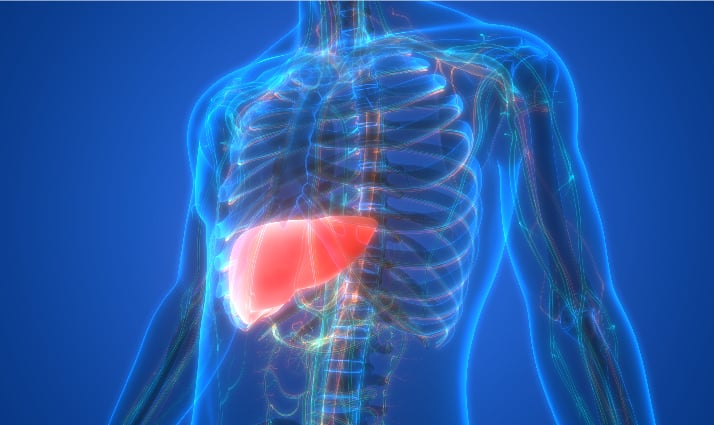Symptoms And Warning Signs Of Hepatitis C: A Reality Check
September 12, 2019

Hepatitis C occurs when a viral infection causes liver damage. The virus causing this infection is called Hepatitis C virus (HCV). This virus causes inflammation of the liver that goes on to become chronic liver damage. This virus is responsible for causing acute and chronic hepatitis, ranging from the infection in its mildest form that lasts for just a few weeks to a serious and never-ending illness.
Causes
One can contract HCV through physical contact with an individual infected with the virus. It cannot be contracted through contact with insects or animals. An infected person carries this virus in his blood and to some extent in his body fluids. It is also known to spread by drug users sharing their injected needles.
It is also common to be infected through blood transfusions. For this reason, hospitals test donated blood for this virus.
It is also not unknown for HCV to spread in clinics and hospitals where infection control measures aren’t strictly enforced. Doctors and nurses not complying with safety measures can also be infected if they come in contact with carrier patients of HCV.
Symptoms
About three-quarters or more of patients with chronic Hepatitis C generally do not have symptoms that show up.
Signs of Mild HCV:
- Stomachache
- Nausea or vomiting
- Muscle or joint pain
- Jaundice
- Abnormalities in stools or urine
Normally, these symptoms show up within six to seven weeks after one has had contact with a HCV-infected person.
Signs of Chronic HCV:
- Lack of appetite
- Fatigue
- Fever
Types
Broadly, there are two types of HCV:
The amount of time you take to see symptoms of HCV will tell you the kind of infection you have—acute or chronic. Symptoms of acute Hepatitis C mean that the infection is short-term, lasting not more than six months. On the other hand, acute hepatitis leads to chronic hepatitis which can last for life because the body finds it difficult to get rid of the virus.
Diagnosis
By taking the blood test called Hepatitis C Antibody Test, doctors can find out if one has been infected by this virus or not.
Treatment
Doctors treat HCV by giving patients antiviral medications to rid the body of the virus. With this, the body gets rid of HCV 12 weeks after the patient completes treatment. For patients with serious chronic HCV complications, the best solution is a liver transplant. Vaccinations are also given to the patient. Doctors recommend that vaccines against Hepatitis A and B viruses be taken by patients.
Why Rela Hospital?
Advantages/Expertise
For several reasons that are growing every day, Rela Hospital is known to be one of the best hospitals in Chennai for Hepatitis C treatment. Our doctors, surgeons and staff are experts in their chosen areas and recognize and understand the warning signs and symptoms of Hepatitis C. With the expertise of our committed gastroenterologists, we provide all patients with unparalleled treatment for hepatitis in our Chennai hospitals.
Though Hepatitis C may seem frightening to patients and their families, yet with the expertise and experience of our specialists, we regularly provide advanced treatment for Hepatitis C in Chennai, India.
To know more about the best liver specialists for Hepatitis C treatment in Chennai, call us for an appointment on +91 9384681770













